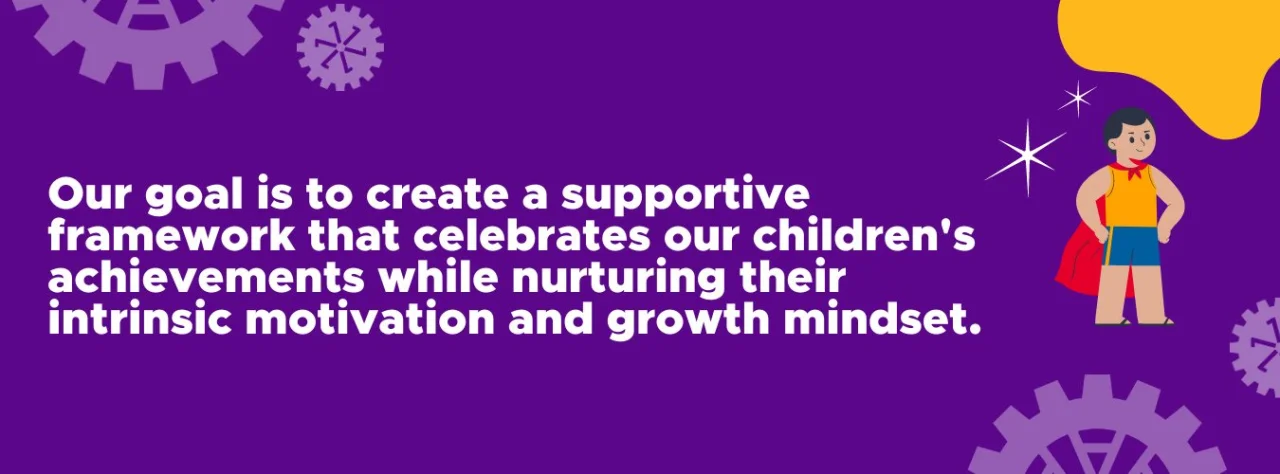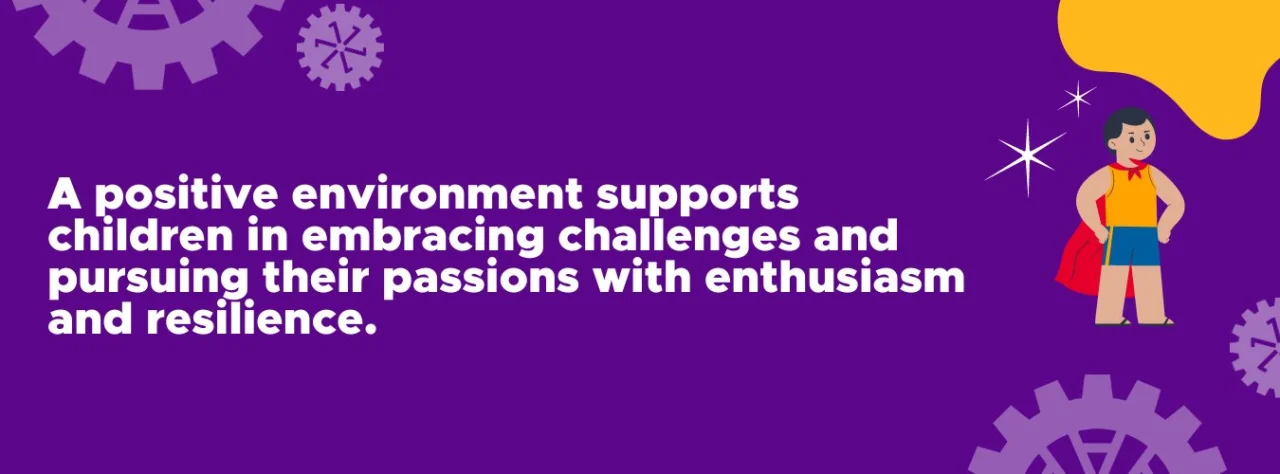30th July 2024
Reward vs. Award: Recognising Children's Successes
In this blog, we explore the differences between awards, rewards, and the broader concept of recognising children’s successes. Our aim is to understand how to develop a supportive and encouraging framework that effectively acknowledges our children’s achievements while nurturing their intrinsic motivation and fostering a growth mindset.
Understanding Awards
Awards are formal recognitions given to children for their achievements and typically come in the form of certificates, trophies, or medals. These tangible symbols are intended to celebrate milestones and significant accomplishments, offering a visible marker of success.
However, while awards can enhance a child’s sense of pride and validation, there is a potential downside. If the focus becomes too centred on accumulating awards, it may lead to an overemphasis on winning rather than on the learning journey itself. This can create a scenario where the pursuit of accolades becomes the primary motivator, overshadowing the value of the educational process and personal growth.
Exploring Rewards
Rewards, on the other hand, are incentives used to encourage specific behaviours or achievements. These can include praise, privileges, physical gifts, or treats. Rewards can effectively provide immediate reinforcement for desired behaviours and help motivate children to complete tasks or exhibit particular actions.
However, there is a risk associated with over-relying on external rewards. When children begin to expect tangible benefits for every effort, their intrinsic motivation may diminish. They might start engaging in activities solely for the external rewards rather than for the inherent satisfaction and enjoyment of the activity itself.
Recognising Children's Successes
Balancing awards and rewards is essential for nurturing children’s successes. Awards are typically used to recognise outstanding achievements or contributions, while rewards aim to incentivise specific behaviours or actions. Both have their roles, but it is crucial to use them in ways that maintain a healthy balance between external recognition and internal motivation.
Focusing on intrinsic motivation, where children find joy and satisfaction in the process of learning and self-improvement, is vital. Encouraging a growth mindset, where challenges are viewed as opportunities for development rather than obstacles, can enhance children’s resilience and perseverance. This approach helps children appreciate their own growth and learning, rather than merely seeking external validation.
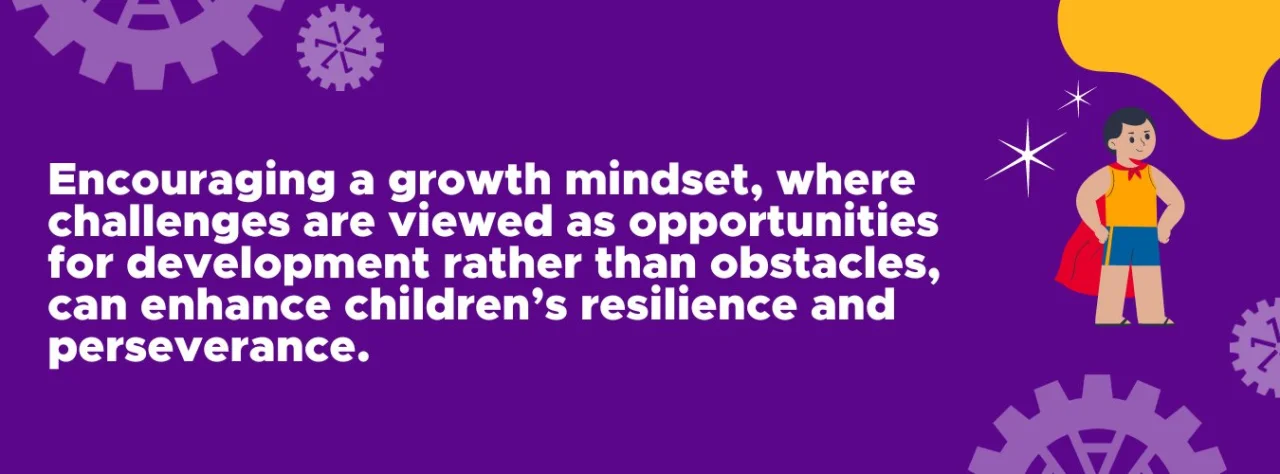
Practical Tips for Effective Recognition
Specificity in Praise
Instead of offering generic compliments, provide specific feedback that highlights the child’s effort, progress, or demonstrated skills. For instance, rather than saying "Great job," you might say, "I noticed how carefully you worked on your science project, especially how you organised your data and drew conclusions. That attention to detail really made your project stand out."
Setting Achievable Goals
Establish realistic, attainable goals that allow children to experience a sense of accomplishment. Breaking down larger tasks into smaller, manageable steps creates opportunities for success along the way. This approach not only keeps children motivated but also builds their confidence as they reach each milestone.
Encouraging Self-Reflection
Promote a habit of self-assessment where children reflect on their achievements, challenges, and areas for improvement. Encourage them to set personal goals and track their own progress. Self-reflection helps children internalise their learning experiences and understand their growth process, fostering a sense of ownership over their development.
Celebrating Effort
Shift the focus from merely celebrating outcomes to recognising the effort and dedication that children invest. Acknowledge perseverance, resilience, and their willingness to tackle challenges, regardless of the final result. This approach highlights the value of hard work and dedication, motivating children to continue striving towards their goals.
Encouraging Collaboration
Emphasise and celebrate instances where children work together with their peers to achieve common goals. Recognise the importance of teamwork, communication, respect, and cooperation in reaching shared objectives. This not only underscores the value of collaboration but also fosters a sense of community and belonging among children.
Promoting Self-Efficacy
Empower children by acknowledging their ability to overcome challenges and obstacles independently. Recognise moments when they demonstrate self-confidence, initiative, and problem-solving skills. Reinforcing their belief in their own capabilities helps build self-efficacy, encouraging them to face future challenges with confidence.
Emphasising Character Development
Acknowledge and reward positive character traits such as empathy, kindness, honesty, and resilience. Encourage children to show integrity, compassion, and perseverance in their interactions with others. Fostering strong moral values and ethical behaviour helps children develop into well-rounded individuals with a clear sense of right and wrong.
Fostering Lifelong Learning
Celebrate curiosity, interest, creativity, and a thirst for knowledge by recognising children’s efforts to explore new interests and engage in independent learning activities beyond the classroom. Encouraging a love for learning that extends beyond academic achievements nurtures a passion for discovery and intellectual growth.
Cultivating Positive Environments
Creating an environment where children feel valued and supported is crucial for their overall success. A positive environment helps children embrace challenges and pursue their passions with enthusiasm and resilience. It’s important to recognise that true success lies not only in receiving awards or rewards but in the journey of self-discovery and personal growth.
Fostering a supportive atmosphere both at home and in educational settings involves more than simply recognising achievements. It requires providing guidance, advice, encouragement, and emotional support as children navigate their challenges and work towards their goals. This comprehensive support system is vital for their well-being and success.
Additionally, it’s important to consider individual differences when recognising children’s successes. What motivates and resonates with one child may not be as effective for another. Flexibility and sensitivity to each child’s unique needs and preferences are essential to ensure that recognition efforts are meaningful and impactful.
While awards and material rewards can be valuable tools for acknowledging children’s achievements, the primary focus should be on fostering intrinsic motivation, resilience, and a growth mindset. By providing meaningful recognition, setting achievable goals, promoting collaboration, and emphasising character development and lifelong learning, we can empower children to reach their full potential and lead fulfilling lives.
Ultimately, the goal is to create an environment where children are motivated not only by external rewards but also by a genuine passion for learning and personal growth. By achieving this balance, we can help children excel academically, socially, and emotionally, setting them up for a successful and fulfilling future.
At NumberWorks’nWords, we are dedicated to fostering growth and instilling a sense of pride in reaching learning milestones and achieving success. Our tutors offer a combination of verbal praise, encouragement, and constructive feedback, along with physical awards and certificates for children to treasure. If you believe our approach to learning could benefit your child, we’d love to hear from you. Contact us today to arrange a free assessment and discover how we can support your child’s educational journey.
More news articles
18th February 2026
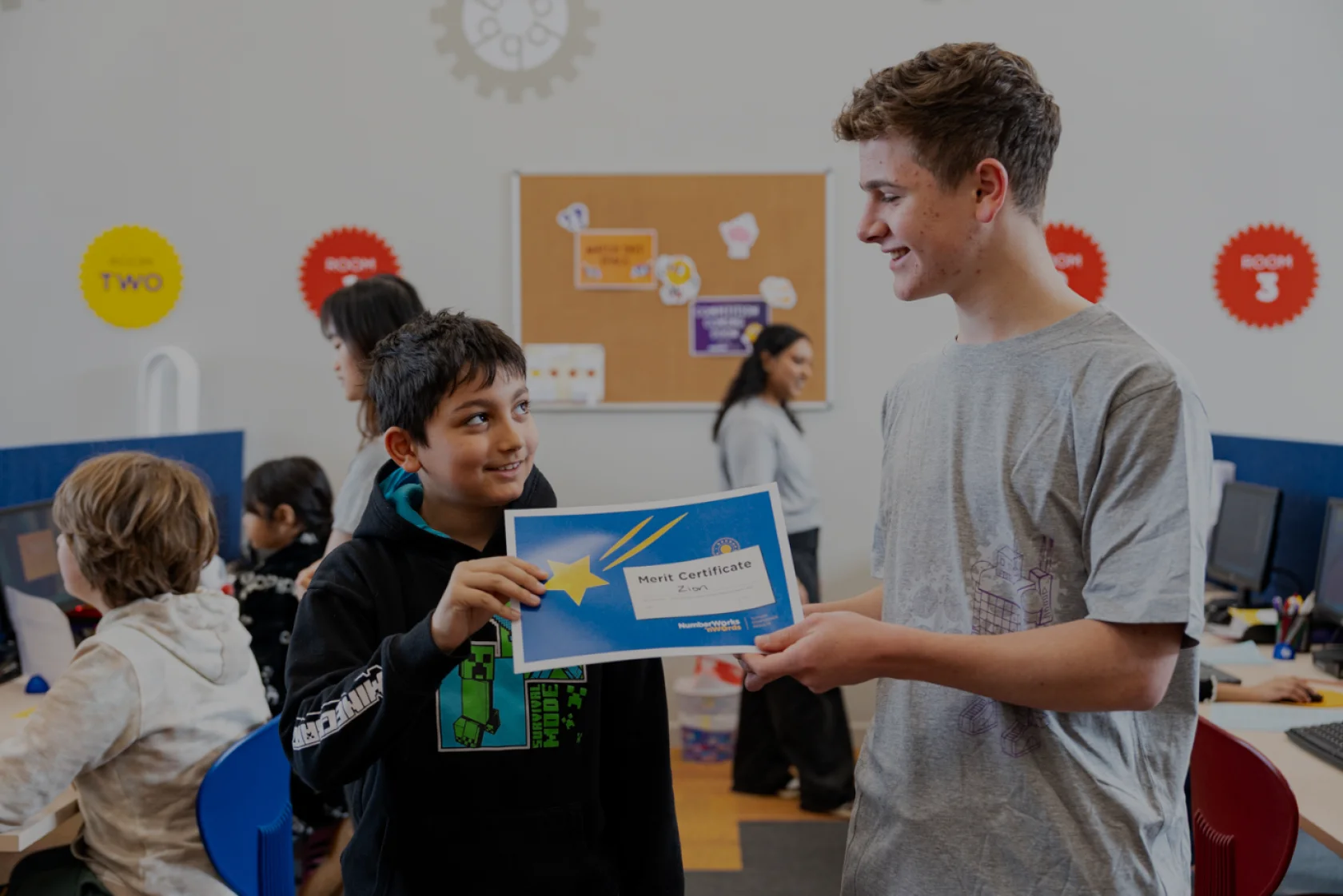
The Stress-Free Guide to Learning Times Tables
Read more3rd February 2026
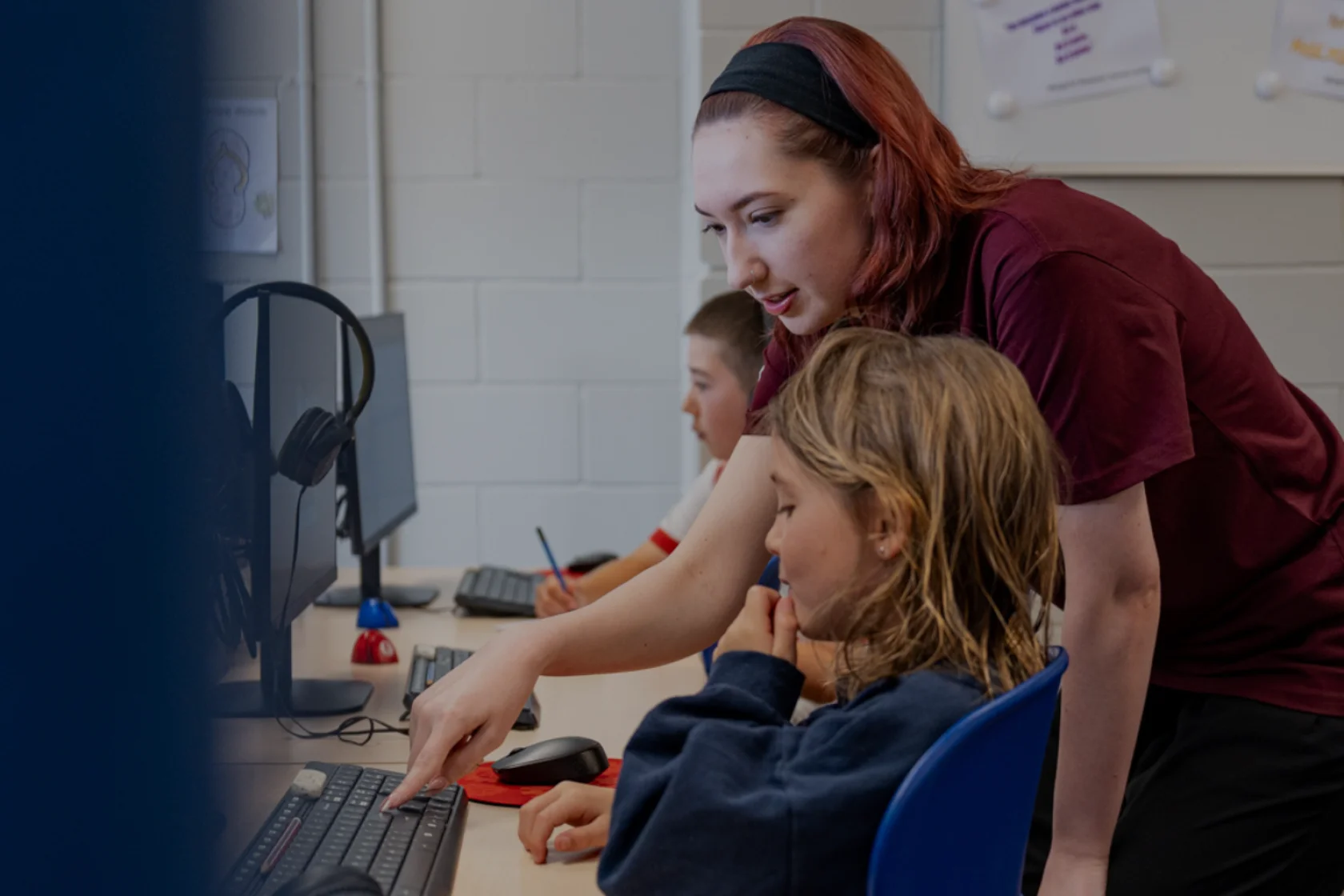
How NumberWorks’nWords Helps Children Reset After the Holidays
Read more18th January 2026

How to Reset Routines After the Christmas Holidays
Read more5th December 2025
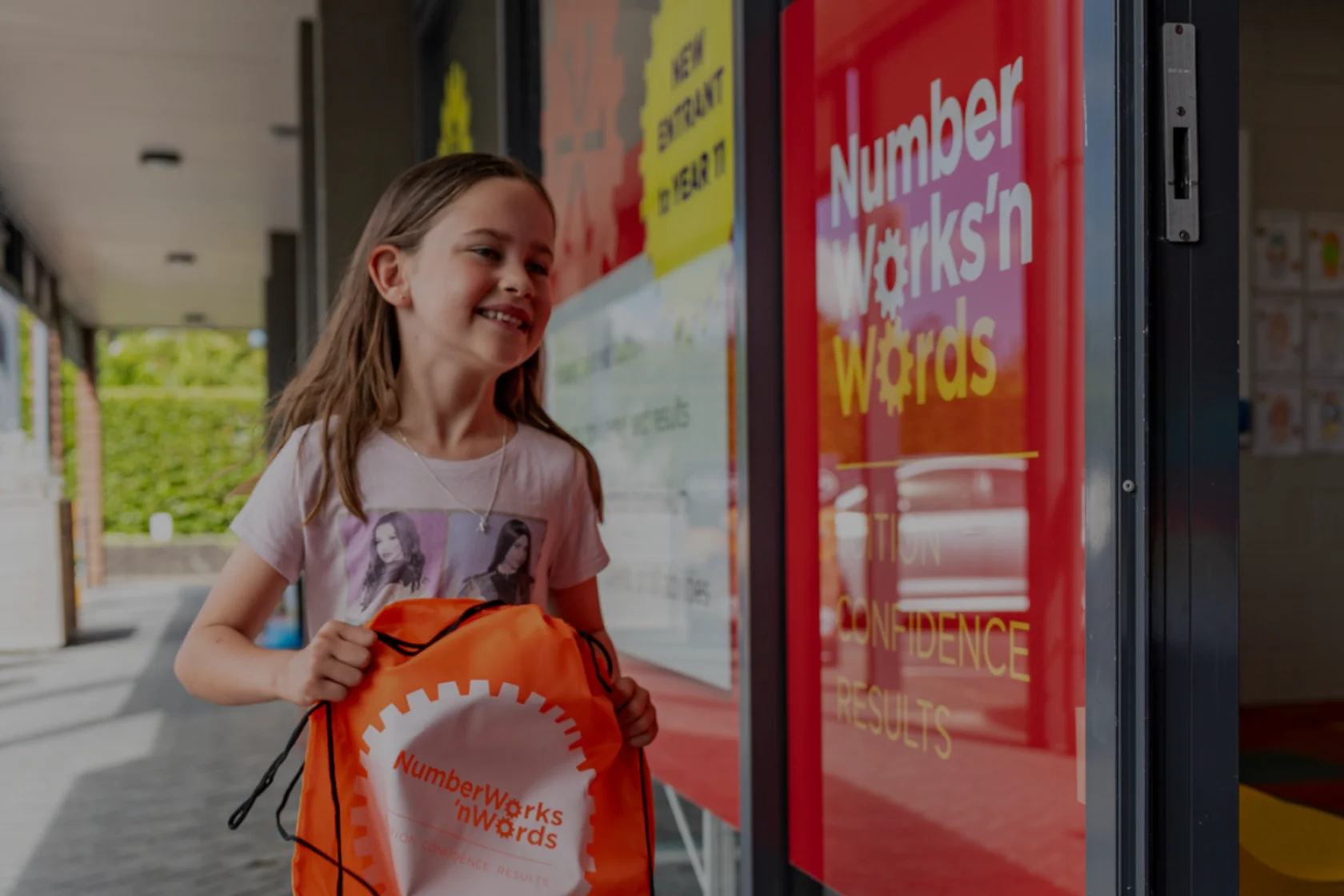
How to Prevent the Christmas Holiday Learning Slide
Read more
